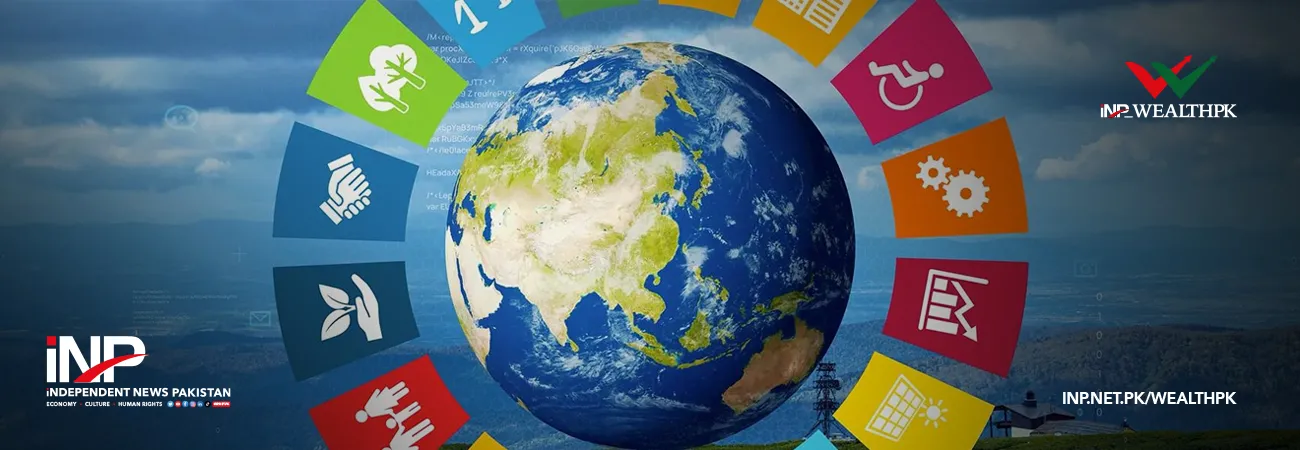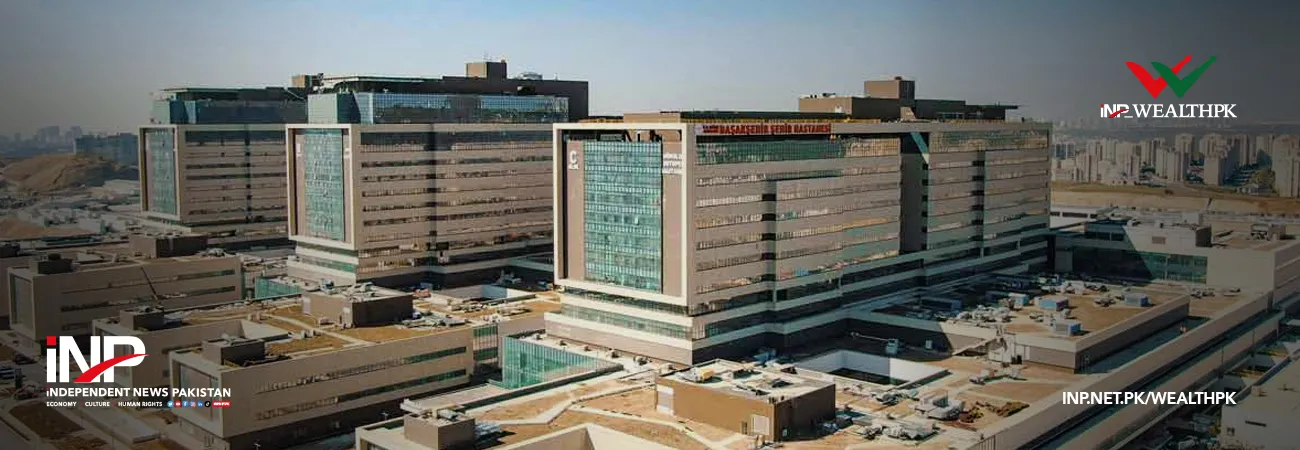INP-WealthPk
Ayesha Saba
The private sector plays a pivotal role in driving the national economy towards achieving the Sustainable Development Goals, and in facilitating this progress, the government must proactively support businesses in promoting initiatives that contribute to economic revitalisation.

Talking to WealthPK, Dr Abid Qaiyum Suleri, Executive Director of the Sustainable Development Policy Institute (SDPI), said: “The SDGs, adopted by Pakistan as part of the Global 2030 Agenda, focus on eliminating poverty, achieving food security, ensuring healthy lives, promoting inclusive education and fostering economic growth.” He stated that the challenge for Pakistan was to translate these goals into tangible progress, which could not be accomplished without private sector involvement that has the potential to scale up innovations, provide employment opportunities and invest in sustainable projects. Suleri said that with Pakistan’s fiscal space limited, with a significant portion of the national budget being used to service public debt and cover recurring expenses, the government had fewer resources available to invest in critical sectors such as education, healthcare and infrastructure.
“Spending in these sectors is essential for achieving long-term growth and improving the overall quality of life, but the lack of public funds makes it difficult to address these challenges adequately.” “The government needs to implement policies that foster a conducive environment for the private sector. For instance, the government should reduce regulatory barriers, streamline tax systems and provide access to affordable financing, especially for small and medium-sized enterprises,” Suleri underscored. “Additionally, there is a need for better public-private partnerships (PPPs) to encourage collaboration on major development projects. Through these partnerships, the private sector can leverage its resources and expertise to complement public initiatives aimed at achieving SDGs,” he maintained. “The PPP model in Pakistan is in the early stages of development, indicating that it requires time to evolve and reach maturity.
Despite its current nascent state, there is a firm belief that the PPP model holds the potential to yield significant benefits in the long run,” the SDPI head emphasised. “With a market size of 210 million people and a growing economy, Pakistan offers multi-billion-dollar investment opportunities in sectors aligned with the SDGs,” he pointed out, saying that these sectors included transport and logistics, renewables and alternative energy, healthcare, education and technology and communication. “Pakistan should establish a project development facility to attract the private sector, which consists of technical people, investment bankers, engineers and procurement specialists. Such a facility should be completely separated from politics and the government sector,” he suggested.
Credit: INP-WealthPk













